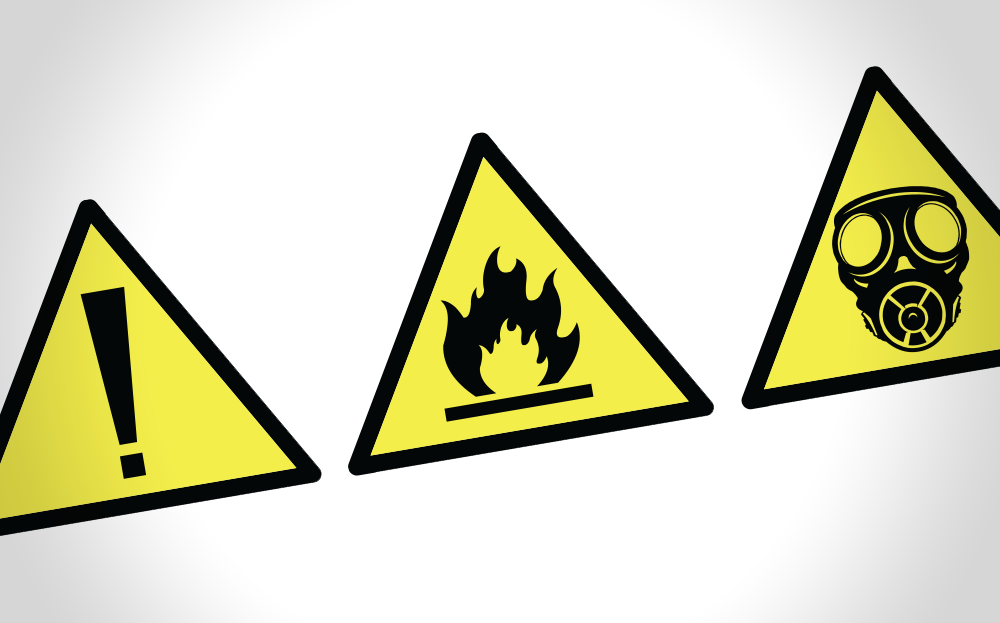Mercedes takes aim at ‘toxic’ R1234yf air-conditioning coolant
One gram of hydrogen fluoride gas 'can kill'

MERCEDES will fit fire prevention systems under the bonnet of its cars in response to a new European regulation that it claims could endanger drivers’ lives.
View Mercedes cars for sale on driving.co.uk
From January 1, 2017, all new cars sold in the EU must use eco-friendly coolant in their air-conditioning systems. But Mercedes says the only existing option is dangerous, as there is a risk of it igniting in a crash and releasing toxic hydrogen fluoride gas, which can burn or blind car occupants.
The company has announced that cars carrying the new coolant will have fire suppressant devices installed under the bonnet. These will blast argon gas towards hot engine components in the event of a crash. The argon displaces oxygen and smothers combustion.
Tests carried out by the German car company in 2012 simulated a leak of the new coolant — called R1234yf — into a hot engine bay after a crash. The result in each of more than 20 experiments was the release of toxic fumes of hydrogen fluoride gas after the fluid caught fire. One gram of hydrogen fluoride gas can kill, according to some experts.
A review ordered by the European Commission concluded that R1234yf was safe, a view backed by the manufacturers, DuPont and Honeywell.




